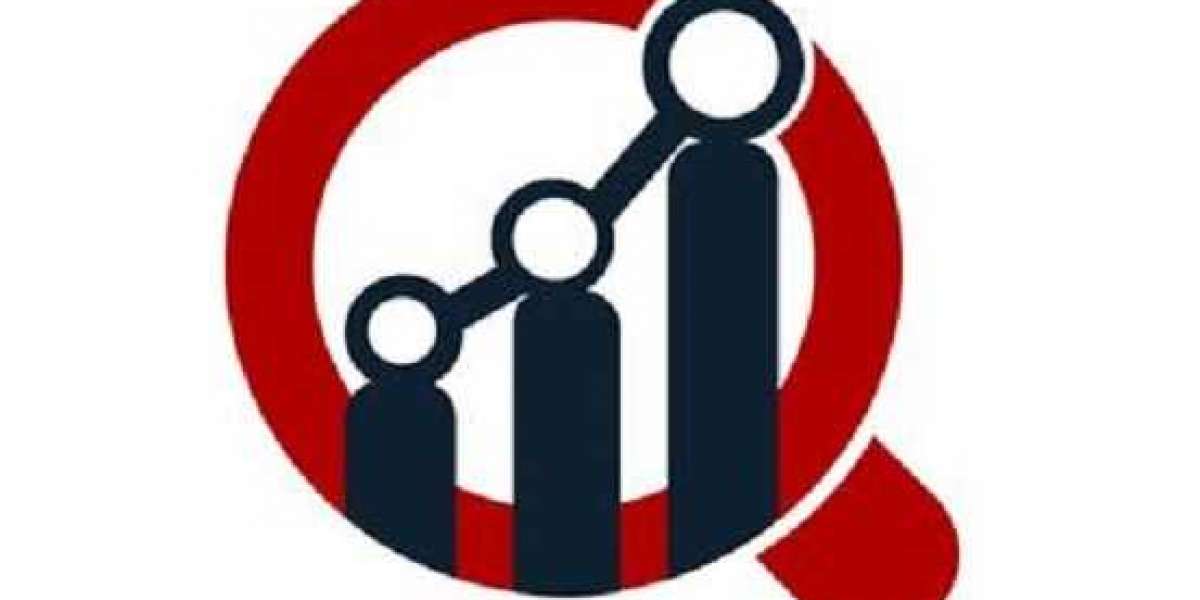Your website is your digital storefront, portfolio, or online community. It deserves the best possible security to protect your data, user information, and reputation. When choosing a web host, security features are paramount, but so is staying on the right side of the law. This article will explore the essential security features offered by reliable web hosts, focusing on legal and legitimate options.
Why Security Matters
Web security threats are ever-evolving, and a reliable web host should offer a robust defense system. Here's why security is crucial:
- Data Breaches: Hackers can steal sensitive information like customer data, login credentials, or financial details.
- Malware Attacks: Malicious software can infect your website, damaging files, redirecting users, or stealing data.
- DDoS Attacks: Distributed Denial-of-Service attacks overwhelm your server with traffic, causing website downtime and financial losses.
- Reputational Damage: Security breaches erode user trust and can have a lasting negative impact on your brand.
Essential Security Features
Look for these features in your web host's security package:
- Secure Sockets Layer (SSL) Certificates: SSL encrypts data transmission between your website and visitors' browsers. This protects sensitive information like credit card details and login credentials. Reliable web hosts often provide free basic SSL certificates (Let's Encrypt) with paid plans offering advanced options.
- Firewalls: Firewalls act as security gateways, filtering incoming and outgoing traffic. They block malicious traffic and prevent unauthorized access attempts.
- Malware Scanning and Removal: Regular scans detect and remove malware that might infiltrate your website.
- Software Updates: Keeping server software updated with the latest security patches is crucial. Reliable web hosts automate this process to ensure your system remains protected against known vulnerabilities.
- Data Backups: Regular backups are essential for disaster recovery. In case of a security breach or server failure, backups allow you to restore your website quickly and minimize downtime. Look for secure, offsite backups to guarantee data safety.
- Two-Factor Authentication (2FA): 2FA adds an extra layer of security by requiring a second verification step beyond your password when logging in. This significantly reduces the risk of unauthorized access.
- Secure File Transfer Protocols: Secure File Transfer Protocol (SFTP) encrypts file transfers between your computer and the server. This protects sensitive information during upload and download processes. Avoid FTP, which transmits data unencrypted.
- Network Monitoring: Constant monitoring of network activity allows for early detection of suspicious activity and potential security threats.
- Security Alerts: Timely notifications about security incidents or suspicious activity enable you to take immediate action.
- Customer Support: A reliable web host offers responsive customer support to address security concerns and assist with troubleshooting security issues.
Important Note on DMCA Compliance
Be aware that some web hosts advertise themselves as "Best DMCA Ignored Hosting." DMCA stands for the Digital Millennium Copyright Act, a law that protects intellectual property online. These "DMCA Ignored" hosts often cater to websites with infringing content, such as pirated software or movies. While they might seem appealing due to a perceived lack of restrictions, using such services is illegal and can have serious consequences. These consequences can include:
- Legal Action: Copyright holders can sue you for copyright infringement, leading to significant financial penalties.
- Website Seizure: Your website can be taken down by authorities.
- Search Engine Blacklisting: Websites associated with copyright infringement can be blacklisted by search engines, severely impacting your online visibility.
Finding a Secure and Legal Web Host
The best path forward is to choose a reputable web host with robust security features that comply with DMCA regulations. Here are some tips for finding a reliable provider:
- Research Potential Hosts: Read reviews and compare features offered by different web hosting companies.
- Understand Your Needs: Choose a hosting plan that caters to your website's specific requirements, such as bandwidth and storage space.
- Prioritize Security: Don't compromise on security features for a slightly lower price tag.
- Focus on Legality: Avoid web hosts that advertise themselfves as "DMCA Ignored."
By prioritizing security and legal compliance, you can ensure your website is well-protected and operates within the bounds of the law. This fosters trust with your users and safeguards your online presence for the long term.








